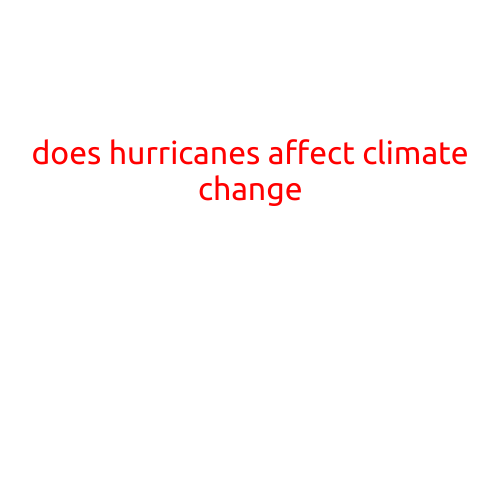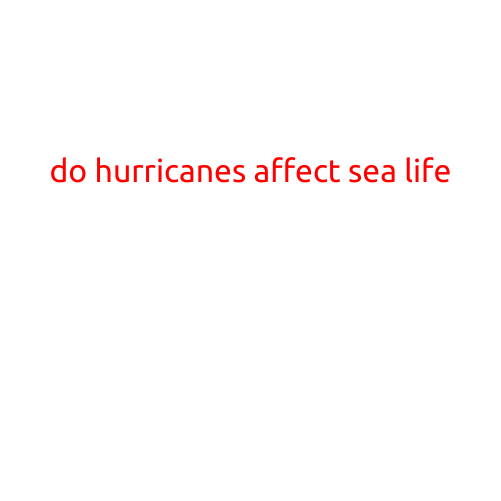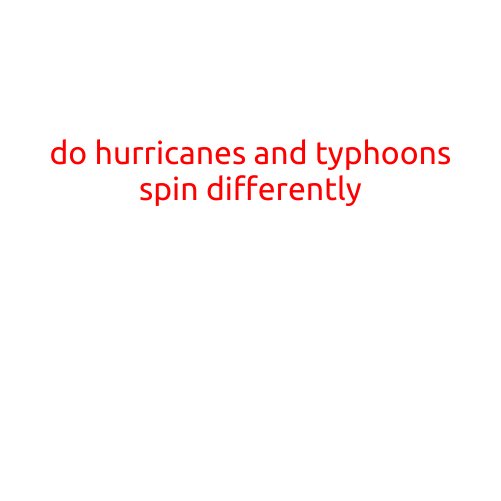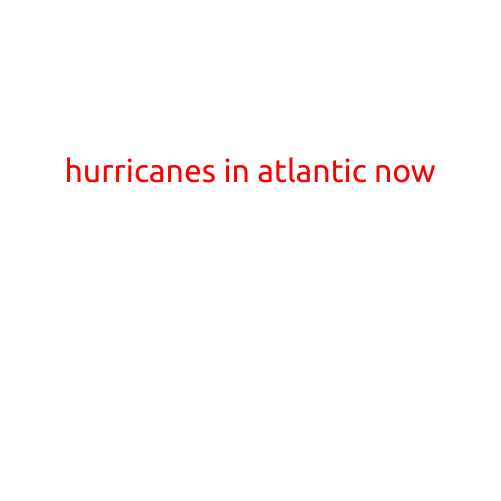
Does Hurricane Activity Affect Climate Change?
Hurricanes are powerful storm systems that can bring catastrophic damage and loss of life to communities around the world. They are also a natural part of the Earth’s climate system, and their impact on the planet is still being studied by scientists. One question that has sparked debate is whether hurricane activity is itself a contributing factor to climate change, or whether it is simply a symptom of a warming planet.
What is Climate Change?
Before diving into the relationship between hurricanes and climate change, it’s essential to understand what climate change is. Climate change refers to the long-term warming of the planet, primarily caused by the increasing levels of greenhouse gases in the Earth’s atmosphere. These gases, such as carbon dioxide and methane, trap heat and prevent it from being released back into space, leading to a rise in global temperatures.
Is Hurricane Activity Increasing?
One of the primary concerns about hurricanes and climate change is whether hurricane activity is increasing due to global warming. The short answer is yes, hurricanes are getting stronger, and this trend is expected to continue. According to NASA, the number of extremely powerful hurricanes (Category 4 and 5) has increased by 56% since the 1970s.
Why Are Hurricanes Getting Stronger?
Several factors contribute to the increased intensity of hurricanes:
- Warmer Oceans: The ocean is the primary source of energy for hurricanes, and as temperatures rise, so does the energy available to fuel them.
- Moisture Increase: As the atmosphere warms, it can hold more moisture, which can lead to heavier rainfall and increased storm intensity.
- Coral Bleaching: Coral reefs, which provide a natural barrier against storm surge, are declining due to coral bleaching, making coastal communities more vulnerable to severe weather events.
Does Hurricane Activity Contribute to Climate Change?
While hurricanes do not directly cause climate change, they can have a significant impact on the planet in other ways. For example:
- Heat Release: Hurricanes release massive amounts of heat as they dissipate, contributing to the overall global energy budget.
- Atmospheric Aerosols: Hurricanes can inject massive amounts of aerosols into the atmosphere, which can influence global climate patterns.
- Coastal Erosion: Hurricanes can cause significant coastal erosion, which can lead to the release of stored carbon and increased greenhouse gas emissions.
Conclusion
Hurricanes are a complex and powerful natural phenomenon that is closely tied to climate change. While hurricane activity does not directly cause climate change, it can have significant impacts on the planet, and it is essential to continue monitoring and understanding these storms.
What Can We Do?
To mitigate the effects of hurricanes and climate change, it is crucial to:
- Reduce Greenhouse Gas Emissions: Decreasing our reliance on fossil fuels and transitioning to renewable energy sources can help slow the rate of global warming.
- Improve Climate Resilience: Investing in early warning systems, flood protection, and disaster preparedness can help communities better withstand the impacts of hurricanes.
- Support Climate Research: Continued research and monitoring of hurricanes and climate change can help us better understand the complex relationships between these storms and the planet’s climate.
By working together to address climate change and improve our understanding of hurricanes, we can create a more resilient and sustainable future for all.





